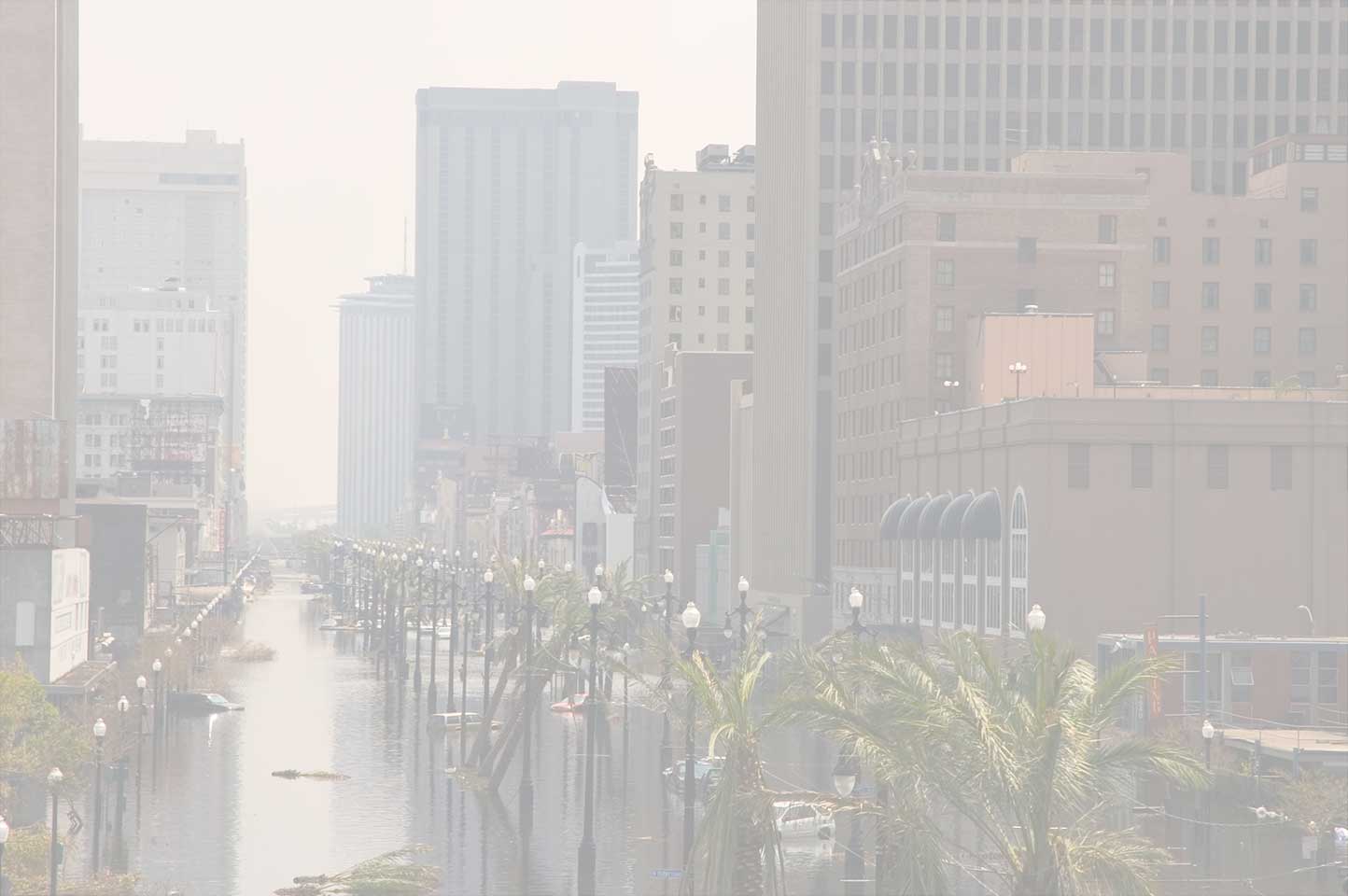While visiting flood-ravaged Baton Rouge on Tuesday, President Barack Obama promised residents that America will support the region’s recovery not just for the moment, but the long-term.
“Even after the TV cameras leave, the whole country is going to continue to support you and help you until we get folks back in their homes and lives are rebuilt,” Obama told listeners.
We hope the president is right, but experience tells us that the attention of Americans is a fickle thing, as one perceived urgency of the day quickly replaces another. Given that reality, keeping the rest of the country committed to Louisiana’s recovery will be a challenge.
The president made a side visit during his survey of the flood damage that underscored the ever-evolving priorities of the nation’s public conversation. Obama briefly met with family members of Alton Sterling, a black man killed during a struggle with Baton Rouge police on July 5, and relatives of three Baton Rouge law enforcement officers — Montrell Jackson, Matthew Gerald and Brad Garafola — killed by a Missouri gunman here on July 17.
Those shootings dominated national headlines and news coverage last month. But Obama’s visit with loved ones affected by the incidents marked the first significant mention of the shootings in many days. The onslaught of other events, including this month’s massive flood, has pushed public attention elsewhere.
Soon, the anguish of the flood, although still vividly real to us, won’t resonate as much in the media universe. The politicians who follow the public mood will naturally be tempted to move on, too.
Inevitably, it will be up to those of us at ground zero of this natural disaster to carry the ball, keeping the country focused on what’s at stake. This tragedy will continue to impact thousands of lives long after the media caravan has left.
The aftermath of Hurricane Katrina yielded a vital lesson on this point. After that disaster, those most touched by the tragic destruction also became the most eloquent advocates for recovery, pressing the case for relief and renewal even when few others outside Louisiana seemed to be listening. Organizations as Women of the Storm, a group of New Orleans area women who joined in the common cause of rebuilding the region, became the heroes of the recovery, walking the halls of Congress to remind key leaders on Capitol Hill that Louisiana’s needs remained, although the winds of Katrina had long ago subsided.
Their hard work affirmed an enduring principle. In times of both contentment and crisis, true power still rests with engaged citizens. In the months ahead, as the rest of the world resumes its routines, we must embrace the right – and the obligation – to make our voices heard.


